
Native to the Mediterranean region, oregano is a small herb with multiple medicinal properties. Its original name is Origanum Vulgare and, for centuries, it has been used in the world of gastronomy and medicine thanks to its particular aroma and excellent health benefits.
Its uses vary from being a condiment in the kitchen to being part of natural remedies due to its antiseptic, anti-inflammatory and digestive properties.
With this publication, learn about the benefits of oregano, its properties and the most relevant and interesting uses that are given to it.
What is oregano?
Oregano is not just a spice used in pasta and Mediterranean food. It is true that it is used in dressings, cheese making or as an infallible ingredient in pizzas, but it is its extraordinary properties and benefits that make it so important.
It is a herb belonging to the species of the Lamiaceae family , one of the largest groups in the plant kingdom that grows in small bushes and reaches about 50 centimeters in height with leaves between 2 and 4 centimeters long and small, very tight, well-branched reddish flowers.
Health benefits of oregano
Oregano is used to combat many conditions, ranging from respiratory diseases to poisoning, gastrointestinal disorders and allergies . Below we detail some of these benefits.
Fights skin conditions
It helps in cases of acne, skin diseases or allergies, in cases of dandruff and skin infections such as rashes or hives, thanks to its antimicrobial action.
To combat bacteria, oregano is a great ally because it generates an antimicrobial activity produced by the oil composed of Carvacrol.
Relieves menstrual symptoms
Its analgesic and anti-inflammatory action helps reduce menstrual cramps and even decrease the discomfort associated with premenstrual syndrome.
Favors the digestive system
Oregano is also able to protect our digestive system, either as an infusion or by chewing its leaves. In addition to aiding digestion, oregano is used to treat disorders in the gastrointestinal tract .
Oregano is used to relieve stomach upset, diarrhea, gastrointestinal spasms, liver inflammation, food poisoning, abdominal pain and vomiting.
Relieves flu symptoms
This herb contains anti-inflammatory, antiseptic and expectorant properties that improve the health of the respiratory tract , relieving colds, nasal and lung congestion, bronchitis or pharyngitis. For this use, it is usually used as an infusion or tea.
Relieves tooth pain
Oregano used as a mouthwash helps relieve toothache and improve tonsillitis. It fights and eliminates germs thanks to its antimicrobial action and is a powerful anti-inflammatory.
It has anticancer action
In the scientific journal PLOS ONE, a team of biologists from the United Arab Emirates University warned about the anti-cancer activity of oregano in patients with breast cancer, by encouraging cell cycle arrest and promoting apoptosis of tumor cells.
Strengthens the immune system
Oregano is a source of several vitamins ( vitamin K, E, A, C, B1, B2, B3, niacin, B6) . It also contains different minerals such as zinc, sodium, phosphorus, potassium, iron, manganese and calcium. It also contains beta-carotene.
Fight premature aging
Oregano contains oils with monoterpenoids and monoterpenes and a large amount of phenolic acids and flavonoids , which prevent metals from catalyzing oxidation reactions. This antioxidant action combats free radical damage (prevents cell damage).
Relieves arteriosclerosis and osteoporosis
Scientists from the University of Bonn in Germany have identified anti-inflammatory properties in oregano. Through a study using an active ingredient in the plant described as E-BCP or beta-caryophyllin, it was determined that it can be used to treat inflammation . This has led to the possibility of using it in disorders such as arteriosclerosis and osteoporosis. The results of the study were published in the journal Proceedings of the National Academy of Sciences (PNAS) and the study was carried out in collaboration with the Swiss Federal Institute of Technology in Zurich.
Properties of oregano
People usually only use oregano as a condiment in their culinary preparations, without being aware of the properties it possesses. All its benefits are due to its chemical compounds that act in defense of our body.
- It has antioxidant properties.
- It is used to treat fungal infections, thanks to its antifungal properties.
- It acts as a diuretic, being useful for preventing fluid retention.
- It has antimicrobial properties.
-
It is used to treat urinary tract disorders.
- It has digestive properties.
- Relieves headache or migraine.
- It has anti-inflammatory properties.
- In people who are listless or have poor eating habits, oregano helps stimulate appetite.
How to use oregano?
Getting the most out of oregano is extremely easy, whether you buy it in commercial presentations or because you have a plant.
It is an herb that can be used fresh or dried. It will depend on the type of preparation and the intended use.
As a natural remedy , oregano can be taken alone or combined with different herbal formulas that can enhance its effects on ailments.
As an infusion, in the form of a mouthwash or used in conjunction with soap when suffering from acne problems, oregano does not pose a major problem when administered to the body.
To relieve the symptoms of colds and other respiratory conditions, you can prepare oregano in an infusion with its dried leaves, strain it and drink it when it is lukewarm. Making tea with oregano helps with stomach problems, flatulence, respiratory problems and menstrual cramps .
Side effects
Due to the multiple properties of oregano as a medicinal plant, appropriate precautions must be taken, since each organism reacts differently to the ingestion of medication and, consequently, people may suffer from illnesses caused by ingesting a dose exceeding that prescribed.
It is important to be aware of this aspect to avoid side effects from direct consumption, especially the essential oil, since it could cause gastric disorders and liver poisoning.
What are the contraindications of oregano?
It is essential to consult a medical specialist before starting treatment with oregano. Some of its contraindications are:
- Children: It is not suitable for administration to children under 12 years of age.
- Pathologies: It is not recommended for patients suffering from gastritis, ulcerative colitis, irritable bowel syndrome or liver disease.
- Pregnancy: During pregnancy and breastfeeding, it is suggested not to ingest oregano essential oils.
In general, oregano is a very beneficial, safe medicinal plant that continues to arouse the interest of consumers. To enjoy its benefits, whether they are antioxidant, analgesic, anti-inflammatory or antiseptic, we must take it in the recommended quantities.
As we have already mentioned, it is a spice widely used in Mediterranean cuisine. We invite you to add oregano to your pizzas and enjoy the benefits of oregano in a dish full of flavour, low in fat and high in protein and lycopene.

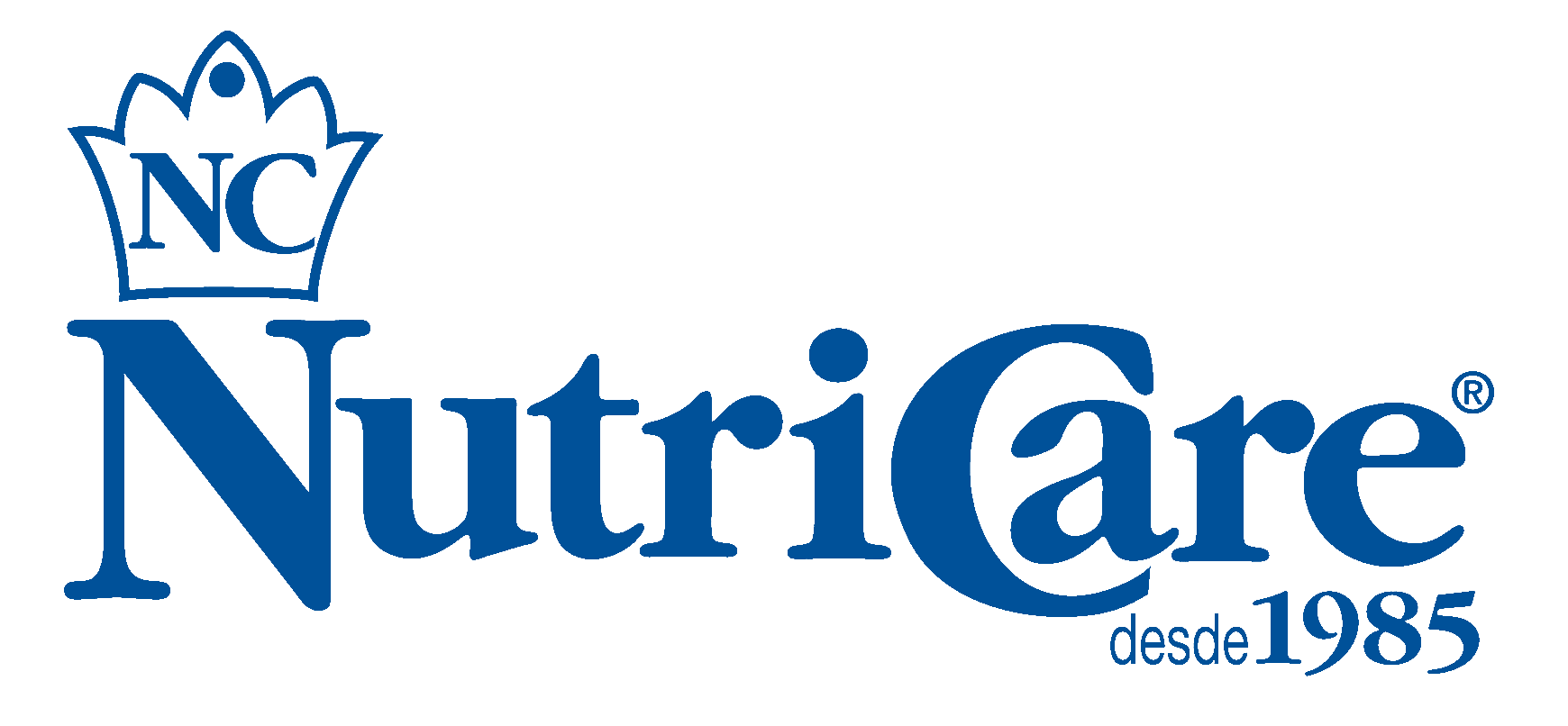



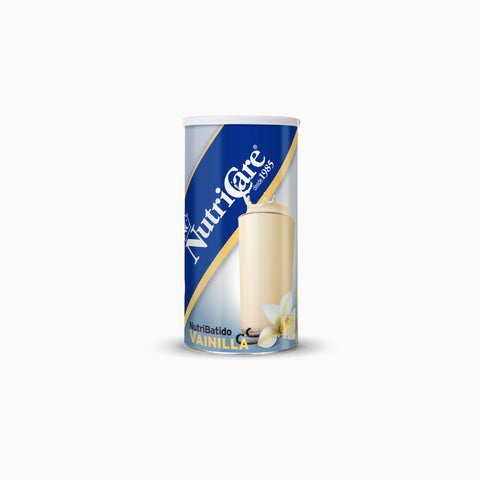



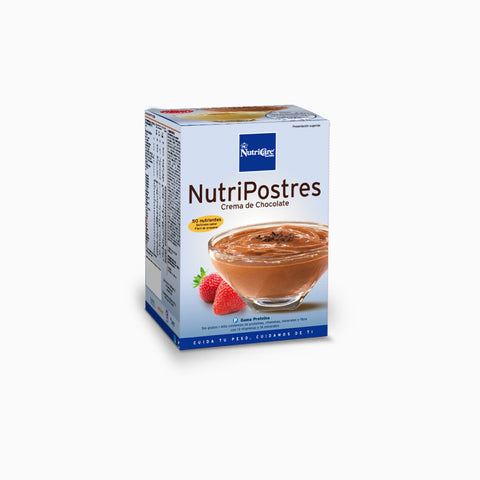
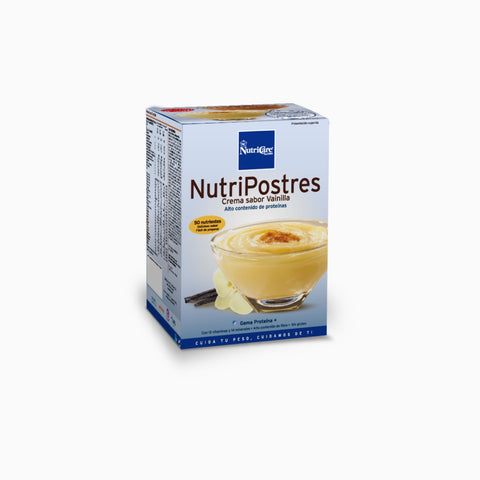
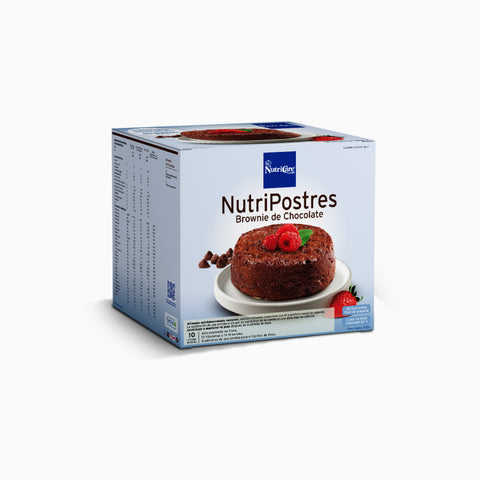
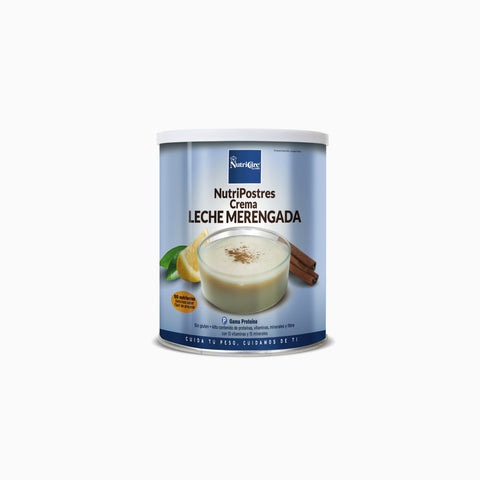
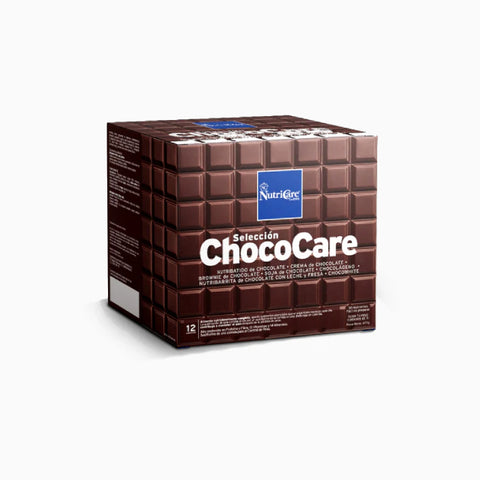

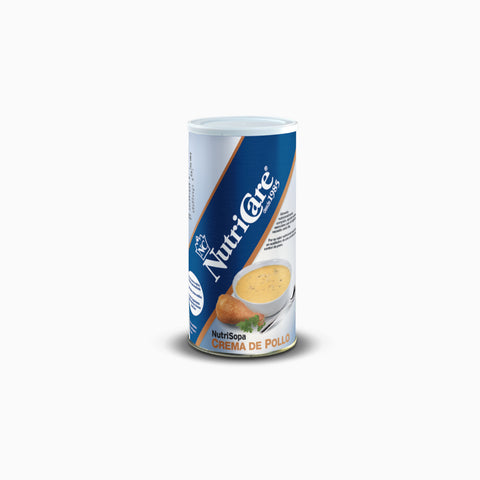
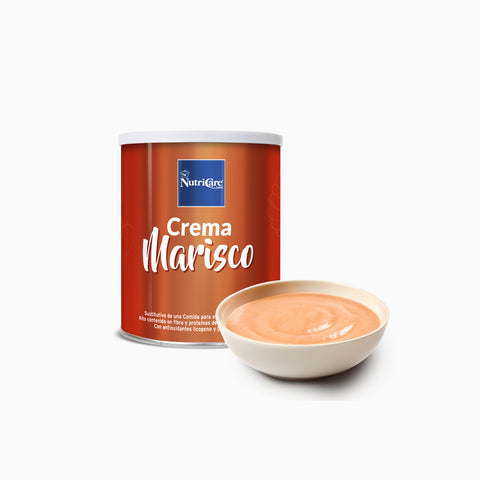
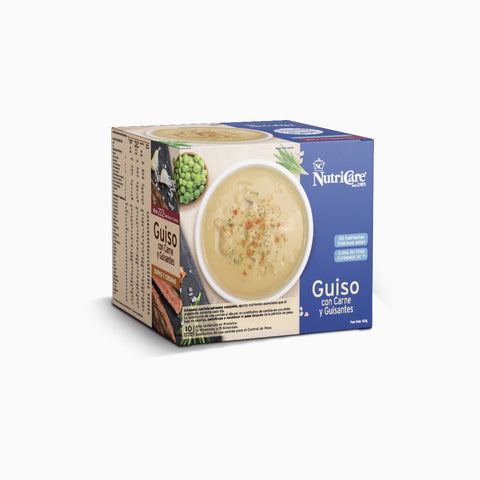


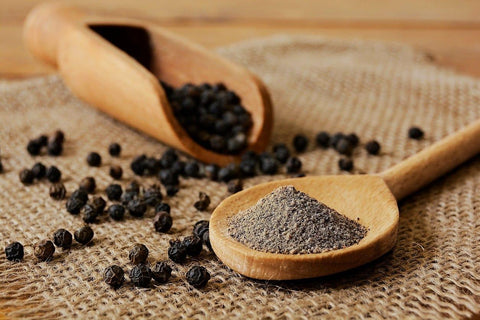
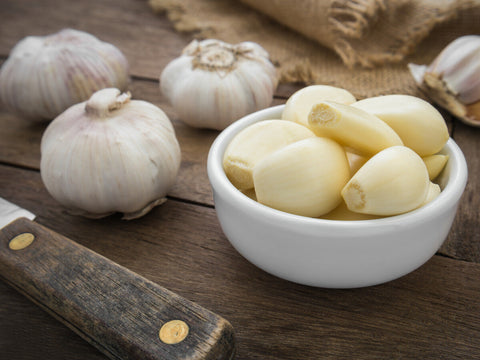
Comments (4)
Es amplia la información del oregano. Interesante recibir de otras plantas informacion adicional botánica. Gracias.
A mí me sirvió para los hongos de los pies el jugo de la hoja en plasma así logré erradicar el hongo
puc pendre orenga cada dia avent dinat amb llimona o millor un altre infusio?
Excelente información, una alternativa a la medicina convencional.